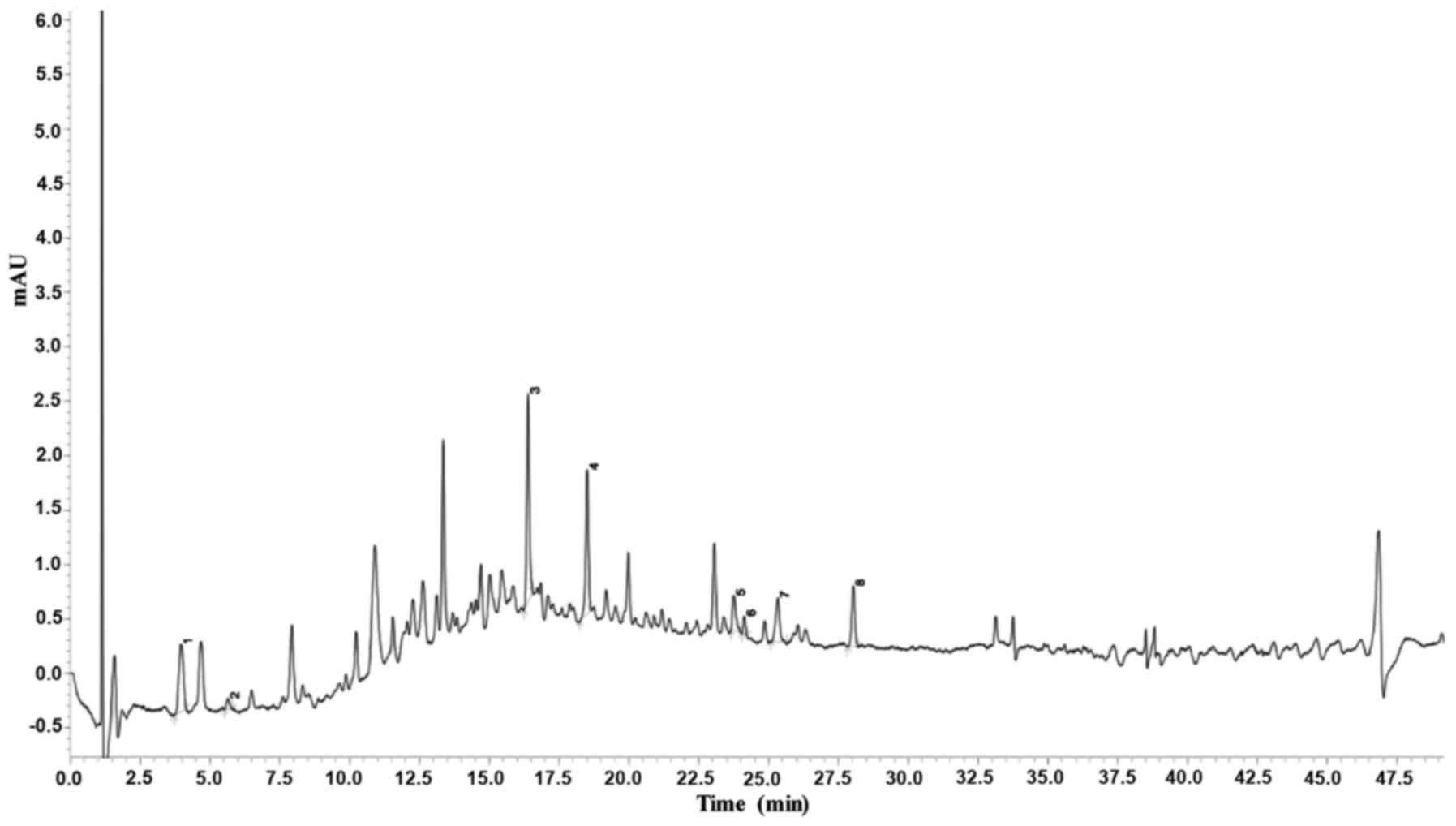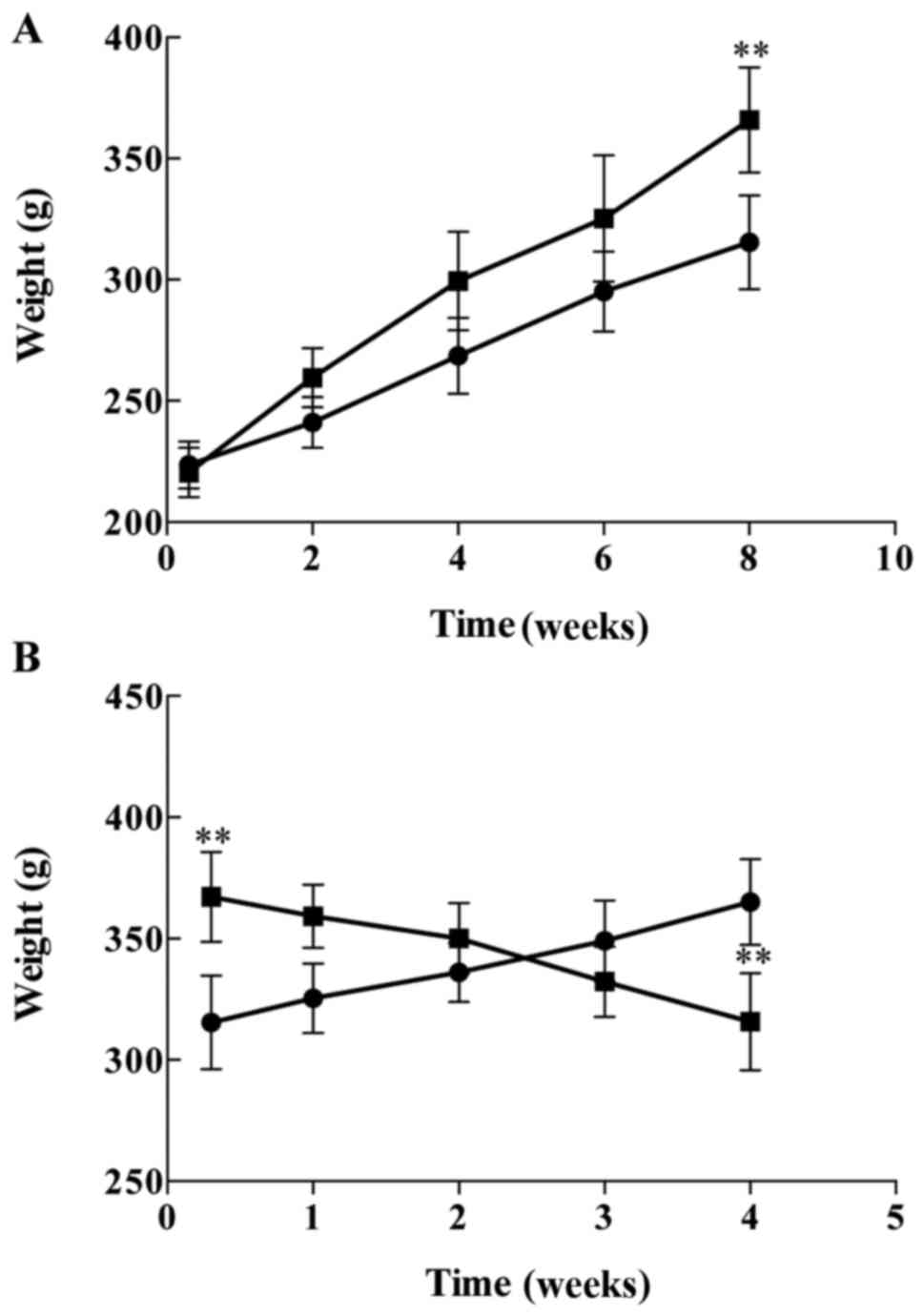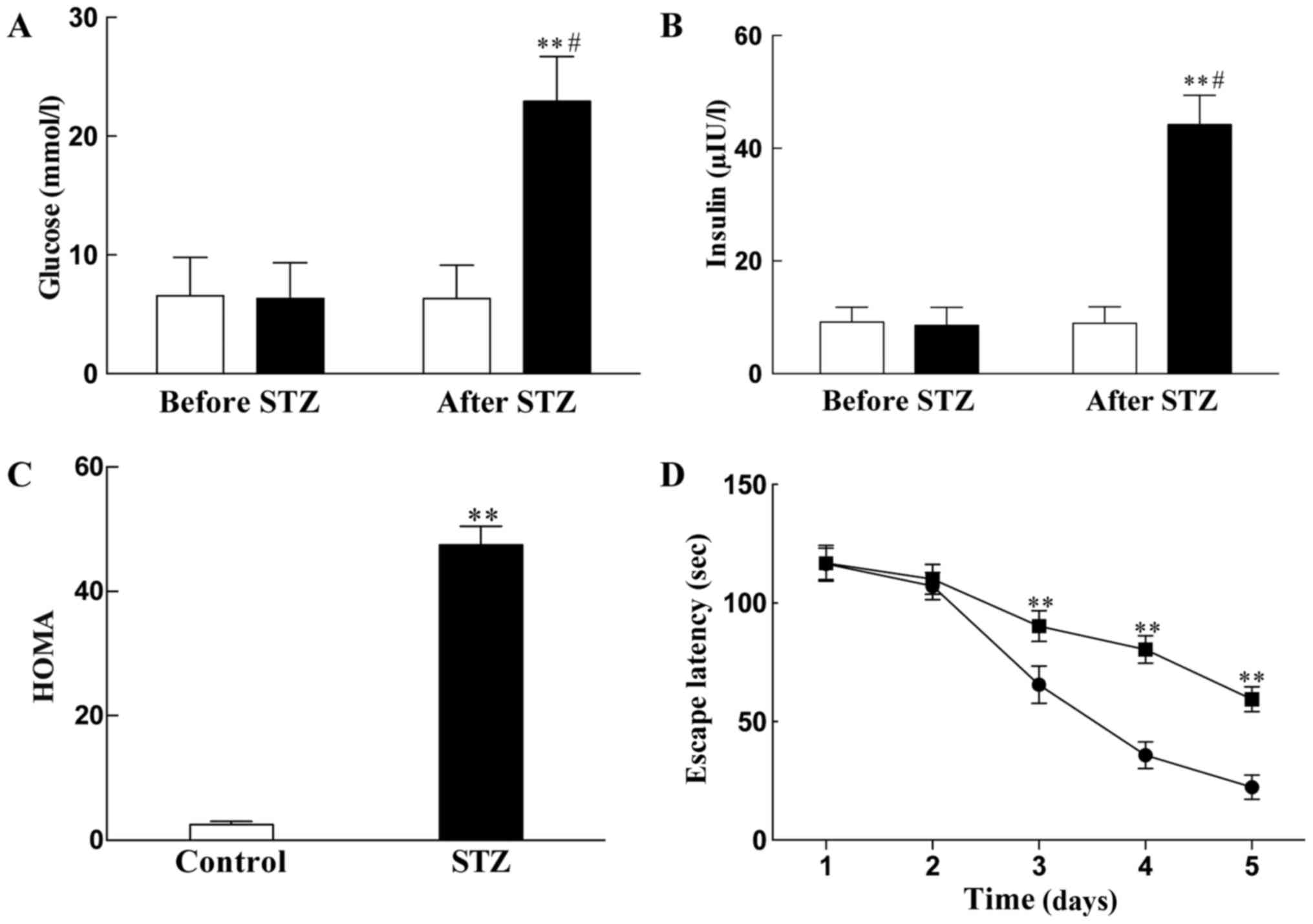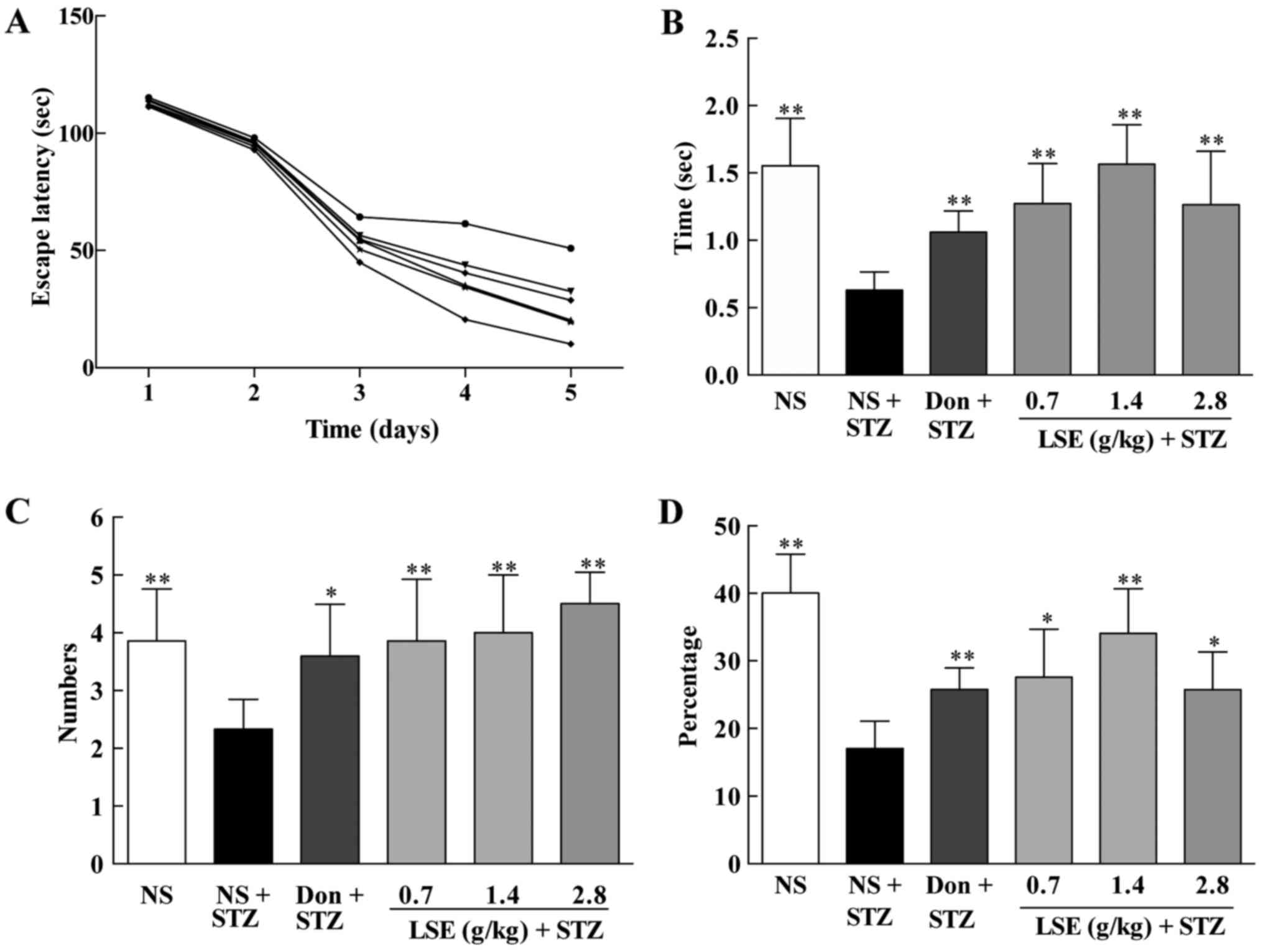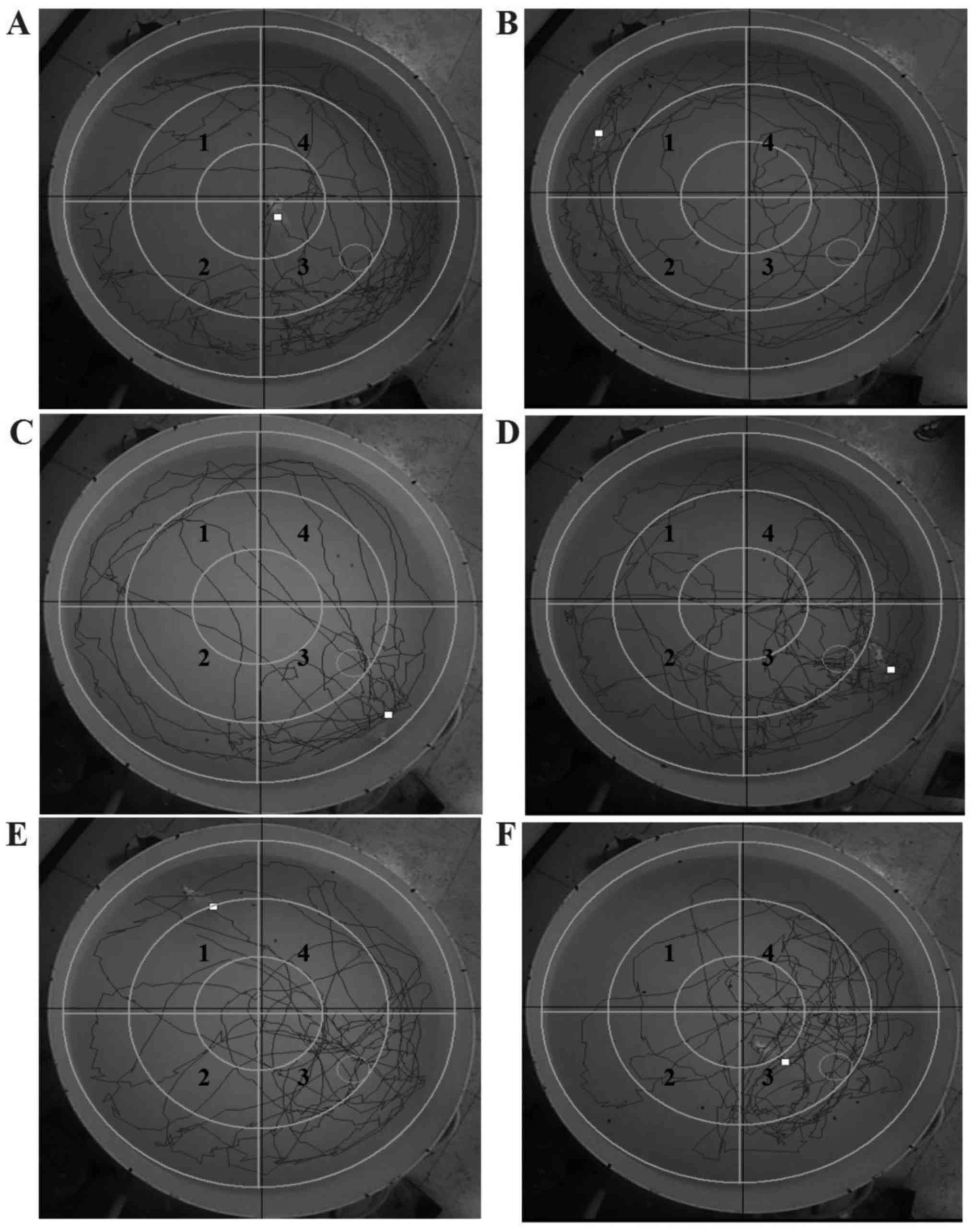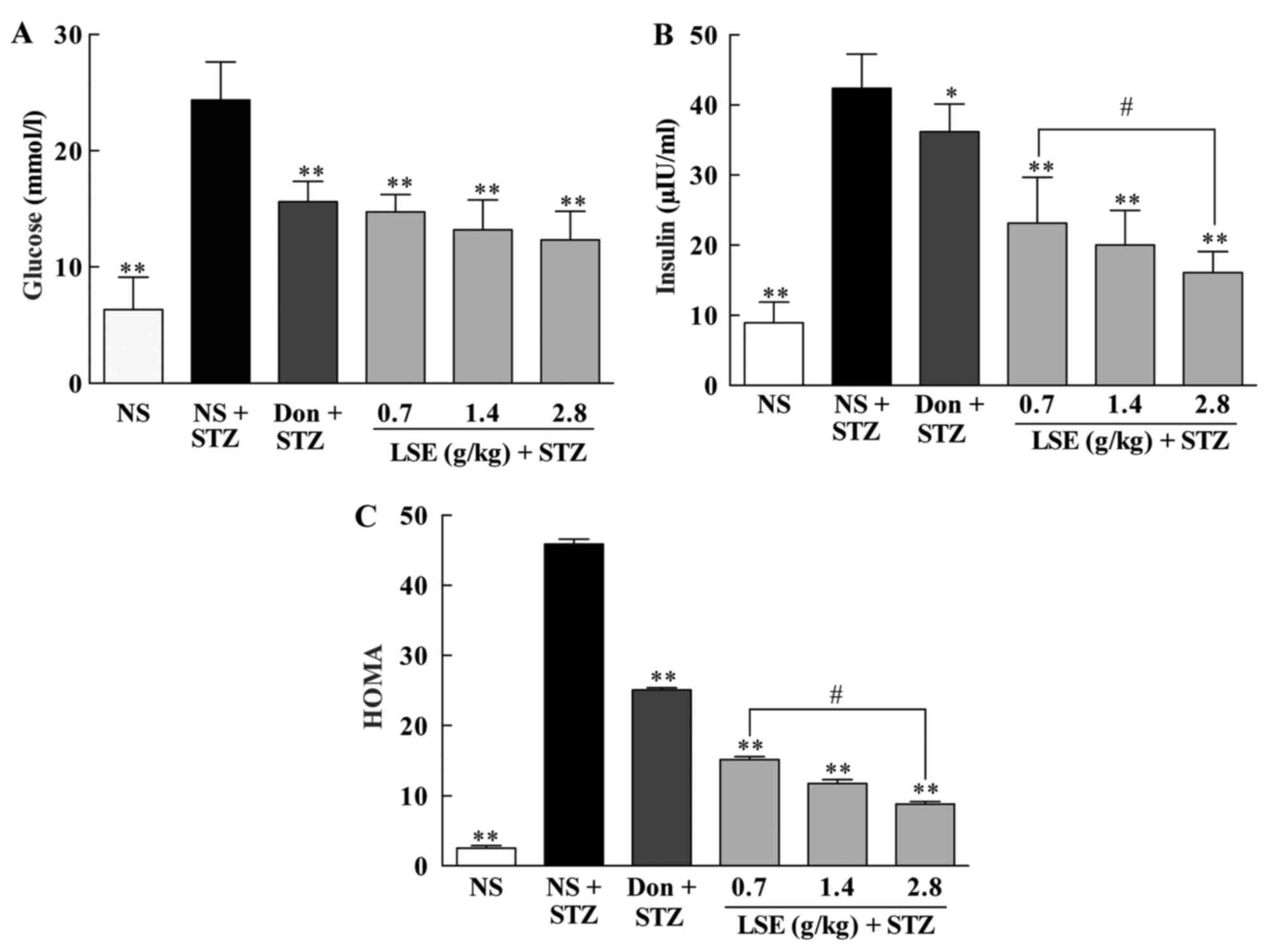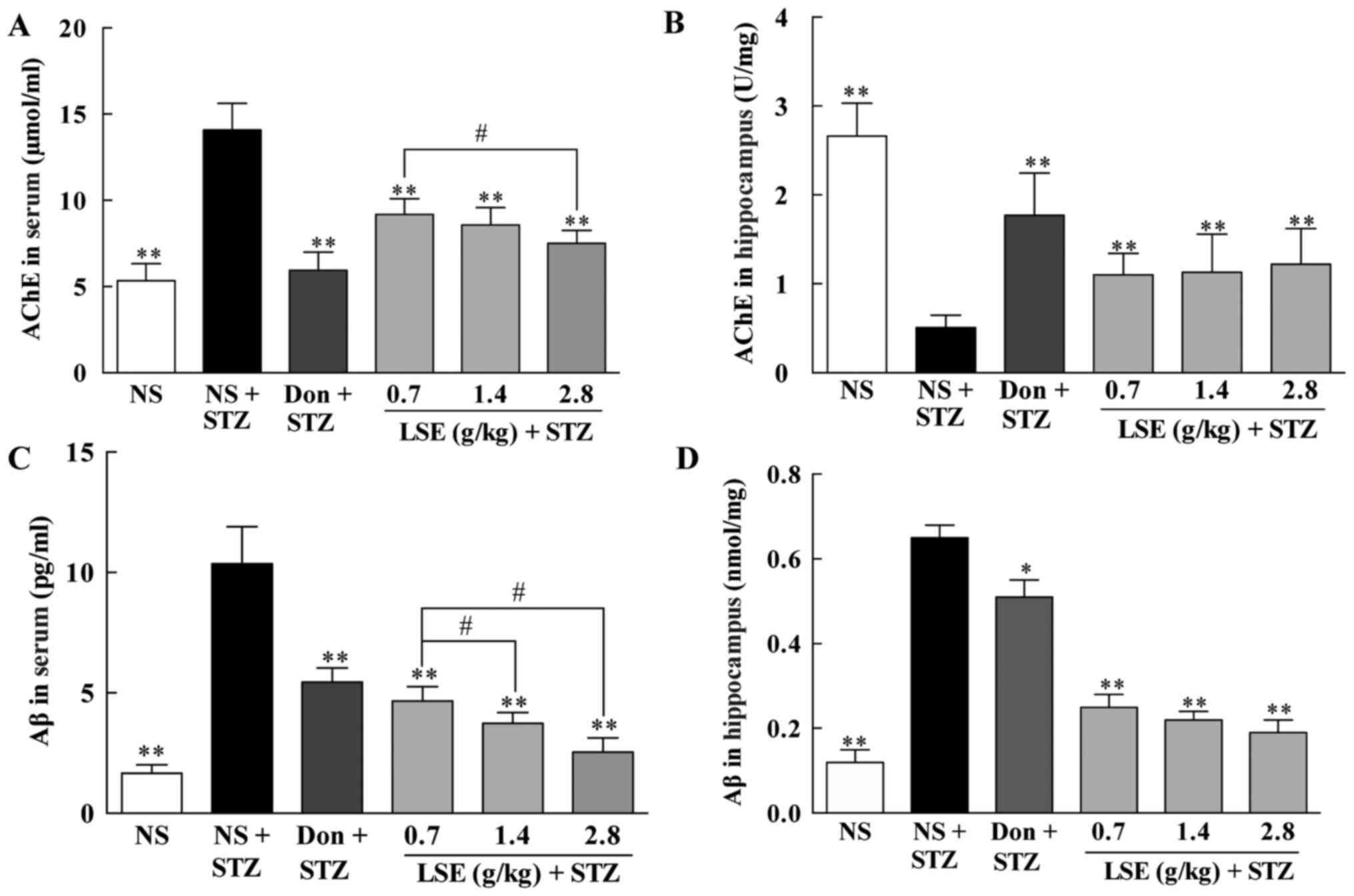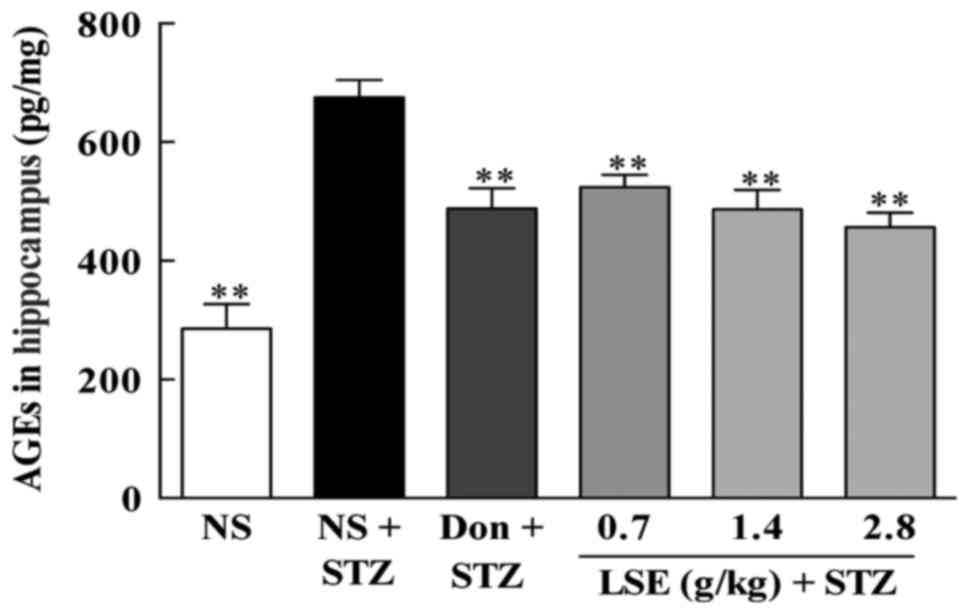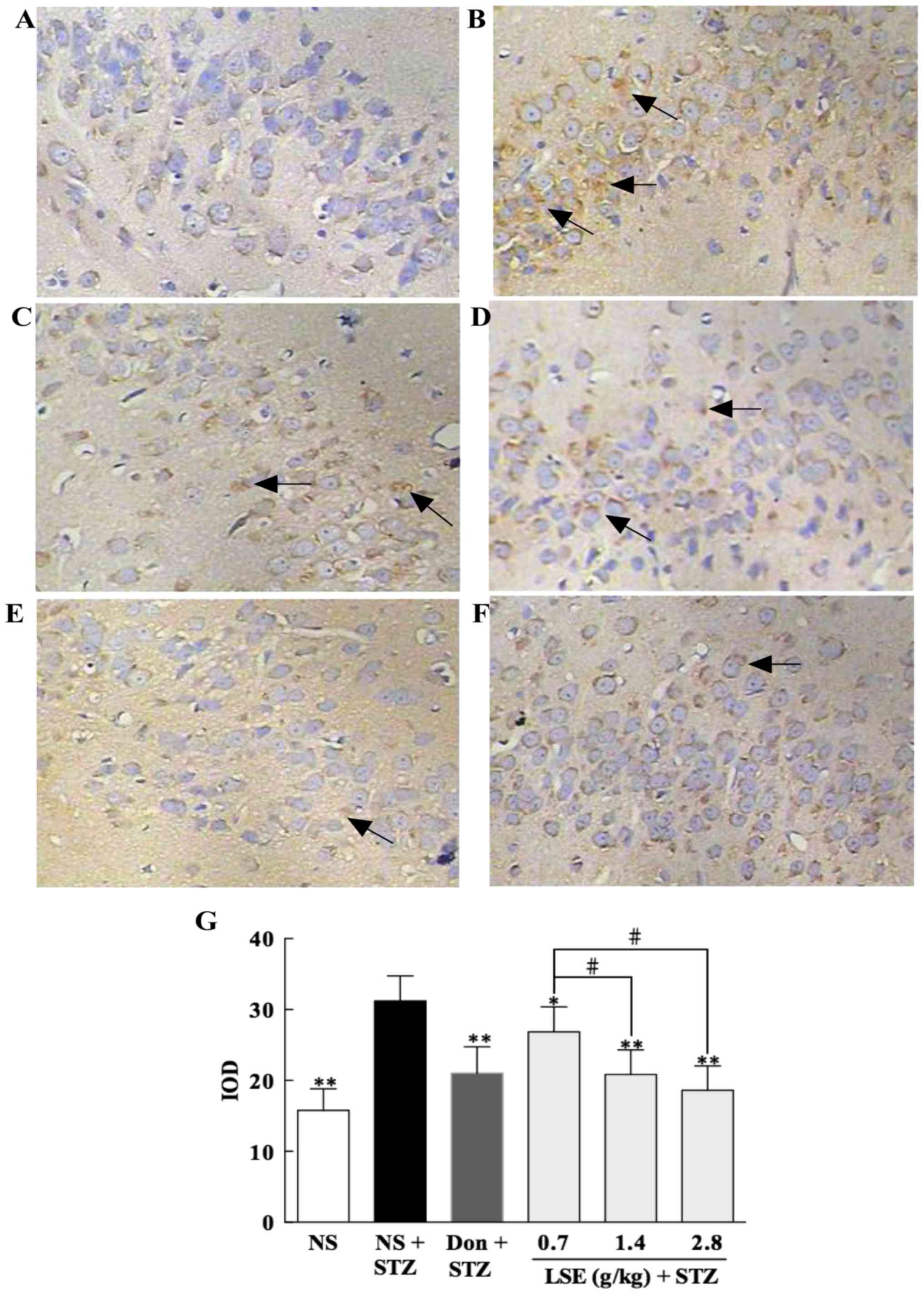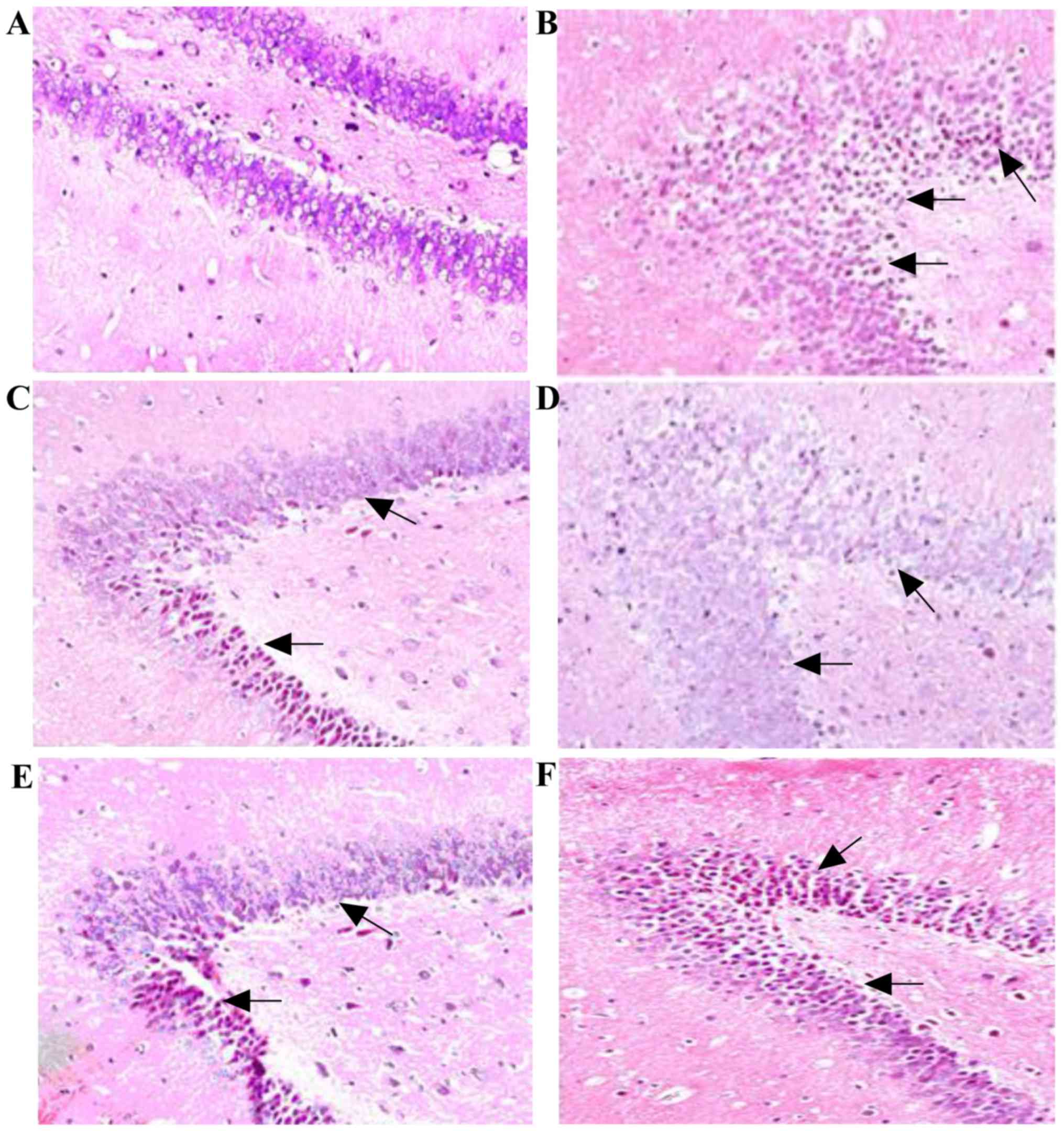|
1
|
Jiang YM, Yao L, Amon L and Li JR:
Postharvest biology and technology of litchi fruit. J Food Agric
Environ. 1:76–81. 2003.
|
|
2
|
Yang B, Wang J, Zhao M, Liu Y, Wang W and
Jiang Y: Identification of polysaccharides from pericarp tissues of
litchi (Litchi chinensis Sonn.) fruit in relation to their
antioxidant activities. Carbohydr Res. 341:634–638. 2006.
View Article : Google Scholar : PubMed/NCBI
|
|
3
|
Kilari EK and Putta S: Biological and
phytopharmacological descriptions of Litchi chinensis. Pharmacogn
Rev. 10:60–65. 2016. View Article : Google Scholar : PubMed/NCBI
|
|
4
|
Xiao ZJ, Guo JW and Xu F: Effect of litchi
saponin and litchi flavones on insulin resistance in HepG2 cells. J
Pharm Pract. 4:316–318. 2015.
|
|
5
|
Ye HM, Zhong CY and Lv JH: Improving
effect of litchi seed saponins on learning and memory impairment in
mice. Acad J Guangzhou Med Univ. 2:10–14. 2015.
|
|
6
|
Zhang YM, Yuan H and Tian JX: Effects of
saponin of litchi seed on gluconeogenesis and metabolism of blood
lipid in mce. J Hangzhou Teach Coll. 6:435–436. 2005.
|
|
7
|
Zhang J and Zhang C: Research progress on
the antineoplastic pharmacological effects and mechanisms of Litchi
seeds. Chin Med. 6:20–26. 2015. View Article : Google Scholar
|
|
8
|
Li W, Zhu YT, Huang ZY, He JJ, Pei J and
Song JP: Experimental studies on anti-fluvirus effect of litchi
seed in vivo. Chin J Ethnomed Ethnopharm. 18:34–36. 2011.
|
|
9
|
Zhao M, Yang B, Wang J, Liu Y, Yu L and
Jiang Y: Immunomodulatory and anticancer activities of flavonoids
extracted from litchi (Litchi chinensis Sonn.) pericarp. Int
Immunopharmacol. 7:162–166. 2007. View Article : Google Scholar
|
|
10
|
Xiao LY, Pan JQ and Rao WN: The research
of protective effect of Litchi seed of experimental liver injury in
mice. Chin J Tradit Chin Med Pharm. 20:42–43. 2005.
|
|
11
|
Whiting DR, Guariguata L, Weil C and Shaw
J: IDF diabetes atlas: Global estimates of the prevalence of
diabetes for 2011 and 2030. Diabetes Res Clin Pract. 94:311–321.
2011. View Article : Google Scholar : PubMed/NCBI
|
|
12
|
Kasuga M: Insulin resistance and
pancreatic beta cell failure. J Clin Invest. 116:1756–1760. 2006.
View Article : Google Scholar : PubMed/NCBI
|
|
13
|
Spellman CW: Pathophysiology of type 2
diabetes: Targeting islet cell dysfunction. J Am Osteopath Assoc.
110(Suppl 2): S2–S7. 2010.
|
|
14
|
Moheet A, Mangia S and Seaquist ER: Impact
of diabetes on cognitive function and brain structure. Ann NY Acad
Sci. 1353:60–71. 2015. View Article : Google Scholar : PubMed/NCBI
|
|
15
|
Kimura N: Diabetes mellitus induces
Alzheimer's disease pathology: Histopathological evidence from
animal models. Int J Mol Sci. 17:5032016. View Article : Google Scholar : PubMed/NCBI
|
|
16
|
Mushtaq G, Khan JA and Kamal MA:
Biological mechanisms linking Alzheimer's disease and type-2
diabetes mellitus. CNS Neurol Disord Drug Targets. 13:1192–1201.
2014. View Article : Google Scholar : PubMed/NCBI
|
|
17
|
Aliev G, Shahida K, Gan SH, Firoz C, Khan
A, Abuzenadah AM, Kamal W, Kamal MA, Tan Y, Qu X, et al: Alzheimer
disease and type 2 diabetes mellitus: The link to tyrosine
hydroxylase and probable nutritional strategies. CNS Neurol Disord
Drug Targets. 13:467–477. 2014. View Article : Google Scholar
|
|
18
|
Riederer P, Bartl J, Laux G and Grünblatt
E: Diabetes type II: A risk factor for
depression-Parkinson-Alzheimer. Neurotox Res. 19:253–265. 2011.
View Article : Google Scholar
|
|
19
|
Yarchoan M and Arnold SE: Repurposing
diabetes drugs for brain insulin resistance in Alzheimer disease.
Diabetes. 63:2253–2261. 2014. View Article : Google Scholar : PubMed/NCBI
|
|
20
|
Gasparini L, Netzer WJ, Greengard P and Xu
H: Does insulin dysfunction play a role in Alzheimer's disease.
Trends Pharmacol Sci. 23:288–293. 2002. View Article : Google Scholar : PubMed/NCBI
|
|
21
|
Mushtaq G, Greig NH, Khan JA and Kamal MA:
Status of acetylcholinesterase and butyrylcholinesterase in
Alzheimer's disease and type 2 diabetes mellitus. CNS Neurol Disord
Drug Targets. 13:1432–1439. 2014. View Article : Google Scholar : PubMed/NCBI
|
|
22
|
Lee JH, Jeong SK, Kim BC, Park KW and Dash
A: Donepezil across the spectrum of Alzheimer's disease: Dose
optimization and clinical relevance. Acta Neurol Scand.
131:259–267. 2015. View Article : Google Scholar : PubMed/NCBI
|
|
23
|
Godyń J, Jończyk J, Panek D and Malawska
B: Therapeutic strategies for Alzheimer's disease in clinical
trials. Pharmacol Rep. 68:127–138. 2016. View Article : Google Scholar
|
|
24
|
Kim J, Lee HJ and Lee KW: Naturally
occurring phytochemicals for the prevention of Alzheimer's disease.
J Neurochem. 112:1415–1430. 2010. View Article : Google Scholar : PubMed/NCBI
|
|
25
|
Yang YJ and Liang BM: Determination of
anti-diabete saponins from Litchi chinensis sonn. J Guangdong
Pharm. 14:13–15. 2004.
|
|
26
|
Spencer JP: Beyond antioxidants: The
cellular and molecular interactions of flavonoids and how these
underpin their actions on the brain. Proc Nutr Soc. 69:244–260.
2010. View Article : Google Scholar : PubMed/NCBI
|
|
27
|
Ye HM, Zhong CY, Huang MX, Wang CY, Feng
X, Chen XY and Lv JH: Effect of litchi seed aqueous extracts on
learning and memory obstacles induced by D-galactose in mice and
its mechanism. Zhong Yao Cai. 36:438–440. 2013.In Chinese.
PubMed/NCBI
|
|
28
|
Barnhart CD, Yang D and Lein PJ: Using the
Morris water maze to assess spatial learning and memory in weanling
mice. PLoS One. 10:e01245212015. View Article : Google Scholar : PubMed/NCBI
|
|
29
|
Morris R: Developments of a water-maze
procedure for studying spatial learning in the rat. J Neurosci
Methods. 11:47–60. 1984. View Article : Google Scholar : PubMed/NCBI
|
|
30
|
Saxena G, Singh SP, Agrawal R and Nath C:
Effect of donepezil and tacrine on oxidative stress in
intracerebral streptozotocin-induced model of dementia in mice. Eur
J Pharmacol. 581:283–289. 2008. View Article : Google Scholar : PubMed/NCBI
|
|
31
|
Ghiasi R, Ghadiri Soufi F, Somi MH,
Mohaddes G, Mirzaie Bavil F, Naderi R and Alipour MR: Swim training
improves HOMA-IR in type 2 diabetes induced by high fat diet and
low dose of streptozotocin in male rats. Adv Pharm Bull. 5:379–384.
2015. View Article : Google Scholar : PubMed/NCBI
|
|
32
|
Srinivasan K, Viswanad B, Asrat L, Kaul CL
and Ramarao P: Combination of high-fat diet-fed and low-dose
streptozotocin- treated rat: A model for type 2 diabetes and
pharmacological screening. Pharmacol Res. 52:313–320. 2005.
View Article : Google Scholar : PubMed/NCBI
|
|
33
|
Liu G, Liu C and Zhang XN: Comparison of
the neuropsychological mechanisms of 2,6-diisopropylphenol and
N-methyl-D-aspartate receptor antagonist against electroconvulsive
therapy-induced learning and memory impairment in depressed rats.
Mol Med Rep. 12:3297–3308. 2015. View Article : Google Scholar : PubMed/NCBI
|
|
34
|
Wang S, Luo Y, Feng A, Li T, Yang X,
Nofech-Mozes R, Yu M, Wang C, Li Z, Yi F, et al: Ethanol induced
impairment of glucose metabolism involves alterations of GABAergic
signaling in pancreatic β-cells. Toxicology. 326:44–52. 2014.
View Article : Google Scholar : PubMed/NCBI
|
|
35
|
Mehdizadeh R, Parizadeh MR, Khooei AR,
Mehri S and Hosseinzadeh H: Cardioprotective effect of saffron
extract and safranal in isoproterenol-induced myocardial infarction
in wistar rats. Iran J Basic Med Sci. 16:56–63. 2013.PubMed/NCBI
|
|
36
|
He X, Ji O and Li JQ: The pharmacological
effect of Puerarin extract on learning and memory ability of rats
with Alzheimer disease. Pharm Clin Chin Mater Med. 5:39–42.
2014.
|
|
37
|
Rees TM and Brimijoin S: The role of
acetylcholinesterase in the pathogenesis of Alzheimer's disease.
Drugs Today (Barc). 39:75–83. 2003. View Article : Google Scholar
|
|
38
|
Plum L, Belgardt BF and Brüning JC:
Central insulin action in energy and glucose homeostasis. J Clin
Invest. 116:1761–1766. 2006. View Article : Google Scholar : PubMed/NCBI
|
|
39
|
Steen E, Terry BM, Rivera EJ, Cannon JL,
Neely TR, Tavares R, Xu XJ, Wands JR and de la Monte SM: Impaired
insulin and insulin-like growth factor expression and signaling
mechanisms in Alzheimer's disease - is this type 3 diabetes. J
Alzheimers Dis. 7:63–80. 2005. View Article : Google Scholar : PubMed/NCBI
|
|
40
|
Narasimhan K, Govindasamy M, Gauthaman K,
Kamal MA, Abuzenadeh AM, Al-Qahtani M and Kanagasabai R: Diabetes
of the brain: Computational approaches and interventional
strategies. CNS Neurol Disord Drug Targets. 13:408–417. 2014.
View Article : Google Scholar
|
|
41
|
Craft S, Peskind E, Schwartz MW,
Schellenberg GD, Raskind M and Porte D Jr: Cerebrospinal fluid and
plasma insulin levels in Alzheimer's disease: Relationship to
severity of dementia and apolipoprotein E genotype. Neurology.
50:164–168. 1998. View Article : Google Scholar : PubMed/NCBI
|
|
42
|
Craft S, Asthana S, Newcomer JW, Wilkinson
CW, Matos IT, Baker LD, Cherrier M, Lofgreen C, Latendresse S,
Petrova A, et al: Enhancement of memory in Alzheimer disease with
insulin and somatostatin, but not glucose. Arch Gen Psychiatry.
56:1135–1140. 1999. View Article : Google Scholar : PubMed/NCBI
|
|
43
|
Giacobini E and Gold G: Alzheimer disease
therapy - moving from amyloid-β to tau. Nat Rev Neurol. 9:677–686.
2013. View Article : Google Scholar : PubMed/NCBI
|
|
44
|
Ashraf GM, Greig NH, Khan TA, Hassan I,
Tabrez S, Shakil S, Sheikh IA, Zaidi SK, Akram M, Jabir NR, et al:
Protein misfolding and aggregation in Alzheimer's disease and type
2 diabetes mellitus. CNS Neurol Disord Drug Targets. 13:1280–1293.
2014. View Article : Google Scholar : PubMed/NCBI
|
|
45
|
Deutsch SI, Rosse RB and Lakshman RM:
Dysregulation of tau phosphorylation is a hypothesized point of
convergence in the pathogenesis of alzheimer's disease,
frontotemporal dementia and schizophrenia with therapeutic
implications. Prog Neuropsychopharmacol Biol Psychiatry.
30:1369–1380. 2006. View Article : Google Scholar : PubMed/NCBI
|
|
46
|
Soro-Paavonen A, Watson AM, Li J, Paavonen
K, Koitka A, Calkin AC, Barit D, Coughlan MT, Drew BG, Lancaster
GI, et al: Receptor for advanced glycation end products (RAGE)
deficiency attenuates the development of atherosclerosis in
diabetes. Diabetes. 57:2461–2469. 2008. View Article : Google Scholar : PubMed/NCBI
|
|
47
|
Marszałek M: Diabetes type 2 and Alzheimer
disease - one or two diseases? Mechanisms of association. Postepy
Hig Med Dosw. 67:653–671. 2013.In Polish. View Article : Google Scholar
|
|
48
|
El Khoury NB, Gratuze M, Papon MA,
Bretteville A and Planel E: Insulin dysfunction and Tau pathology.
Front Cell Neurosci. 8:222014. View Article : Google Scholar : PubMed/NCBI
|
|
49
|
Wang H, Wang R, Zhao Z, Ji Z, Xu S,
Hölscher C and Sheng S: Coexistences of insulin signaling-related
proteins and choline acetyltransferase in neurons. Brain Res.
1249:237–243. 2009. View Article : Google Scholar
|
|
50
|
Kang JH, Korecka M, Toledo JB, Trojanowski
JQ and Shaw LM: Clinical utility and analytical challenges in
measurement of cerebrospinal fluid amyloid-β(1-42) and τ proteins
as Alzheimer disease biomarkers. Clin Chem. 59:903–916. 2013.
View Article : Google Scholar : PubMed/NCBI
|
|
51
|
Bingham EM, Hopkins D, Smith D, Pernet A,
Hallett W, Reed L, Marsden PK and Amiel SA: The role of insulin in
human brain glucose metabolism: An 18fluoro-deoxyglucose positron
emission tomography study. Diabetes. 51:3384–3390. 2002. View Article : Google Scholar : PubMed/NCBI
|
|
52
|
Li Y, Tsui W, Rusinek H, Butler T, Mosconi
L, Pirraglia E, Mozley D, Vallabhajosula S, Harada R, Furumoto S,
et al: Cortical laminar binding of PET amyloid and tau tracers in
Alzheimer disease. J Nucl Med. 56:270–273. 2015. View Article : Google Scholar : PubMed/NCBI
|
|
53
|
Takalo M, Haapasalo A, Martiskainen H,
Kurkinen KM, Koivisto H, Miettinen P, Khandelwal VK, Kemppainen S,
Kaminska D, Mäkinen P, et al: High-fat diet increases tau
expression in the brain of T2DM and AD mice independently of
peripheral metabolic status. J Nutr Biochem. 25:634–641. 2014.
View Article : Google Scholar : PubMed/NCBI
|
|
54
|
Hung AS, Liang Y, Chow TC, Tang HC, Wu SL,
Wai MS and Yew DT: Mutated tau, amyloid and neuroinflammation in
Alzheimer disease-A brief review. Prog Histochem Cytochem. 51:1–8.
2016. View Article : Google Scholar : PubMed/NCBI
|
|
55
|
Anekonda TS and Reddy PH: Can herbs
provide a new generation of drugs for treating Alzheimer's disease.
Brain Res Brain Res Rev. 50:361–376. 2005. View Article : Google Scholar : PubMed/NCBI
|
|
56
|
Farver D: The use of 'natural products' in
clinical medicine. S D J Med. 49:129–130. 1996.PubMed/NCBI
|
|
57
|
Blass JP, Ko L and Wisniewski HM:
Pathology of Alzheimer's disease. Psychiatr Clin North Am.
14:397–420. 1991.PubMed/NCBI
|
|
58
|
Iqbal K, Liu F, Gong CX and Grundke-Iqbal
I: Tau in Alzheimer disease and related tauopathies. Curr Alzheimer
Res. 7:656–664. 2010. View Article : Google Scholar : PubMed/NCBI
|
|
59
|
Wei W, Wang X and Kusiak JW: Signaling
events in amyloid beta-peptide-induced neuronal death and
insulin-like growth factor I protection. J Biol Chem.
277:17649–17656. 2002. View Article : Google Scholar : PubMed/NCBI
|
|
60
|
Alonso AD, Grundke-Iqbal I, Barra HS and
Iqbal K: Abnormal phosphorylation of tau and the mechanism of
Alzheimer neurofibrillary degeneration: Sequestration of
microtubule-associated proteins 1 and 2 and the disassembly of
microtubules by the abnormal tau. Proc Natl Acad Sci USA.
94:298–303. 1997. View Article : Google Scholar : PubMed/NCBI
|















